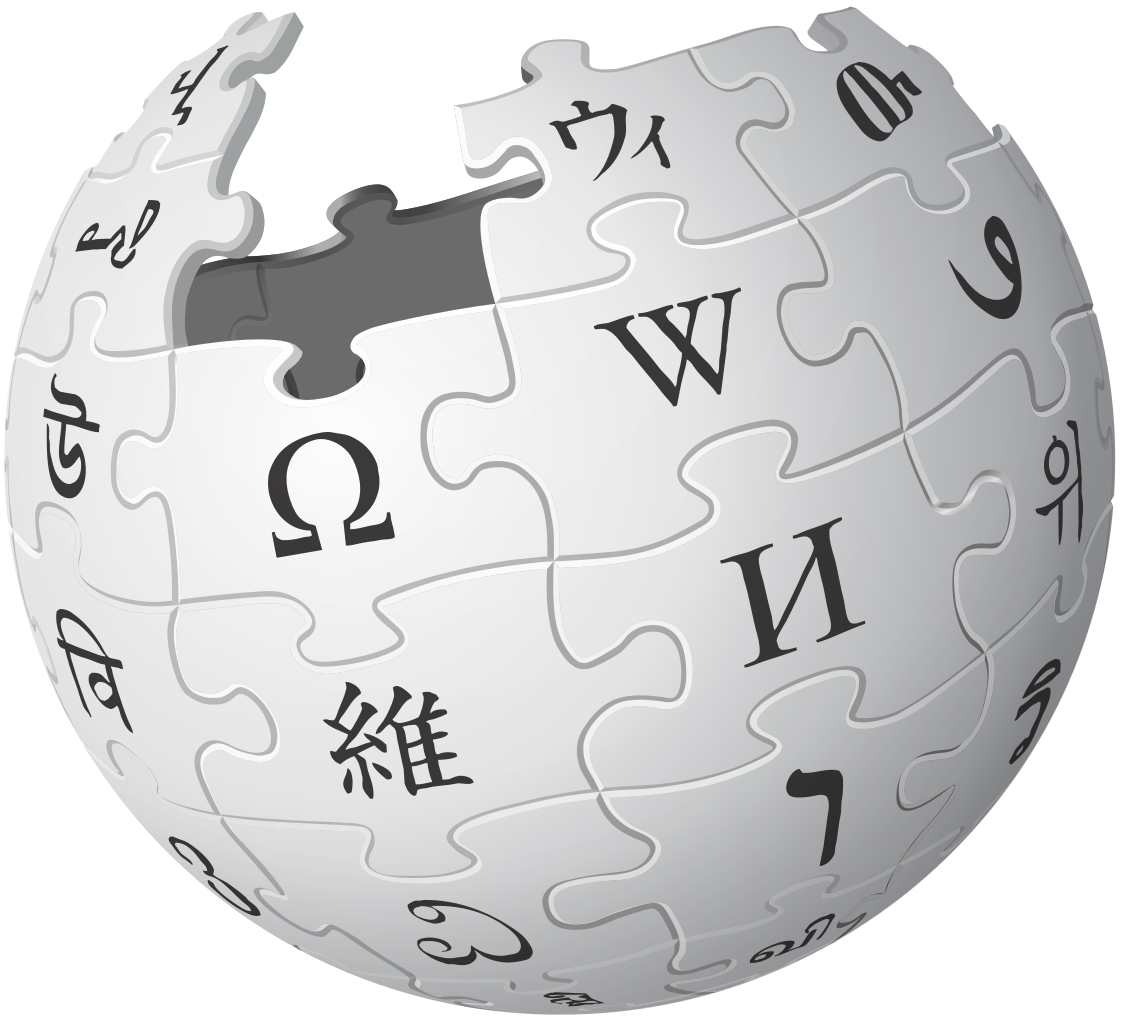
Evaluating Sources for Credibility

Find an interesting website on the internet? Not sure if you can use it for academic research? It is not always easy to determine if information on the internet is credible, accurate and college-level appropriate. Review the criteria for evaluating the credibility of a source by selecting the tabs above to assess the sources you have found for your research project.
Ask the following questions to assess whether the author of your source is an authority on the topic:
Ask the following questions to assess the accuracy of the information provided in your source:
Ask the following questions to assess the currency of the information provided in your source:
Ask the following questions to assess the objectivity of your source:
Note that an author's biases or objectives can skew the accuracy of the information provided.
Ask the following questions to assess the coverage of your source:
 Wikipedia is a great tool for a summary of a topic. Wikipedia content is constantly revised, and entries vary in quality. Some of the content is excellent, some is questionable.
Wikipedia is a great tool for a summary of a topic. Wikipedia content is constantly revised, and entries vary in quality. Some of the content is excellent, some is questionable.
Many educators frown on the use of Wikipedia. Why?
How can you use Wikipedia in a way that benefits your research process?
Below are recommended resources for art and art history research and study.
These websites are fantastic for viewing artists' works: